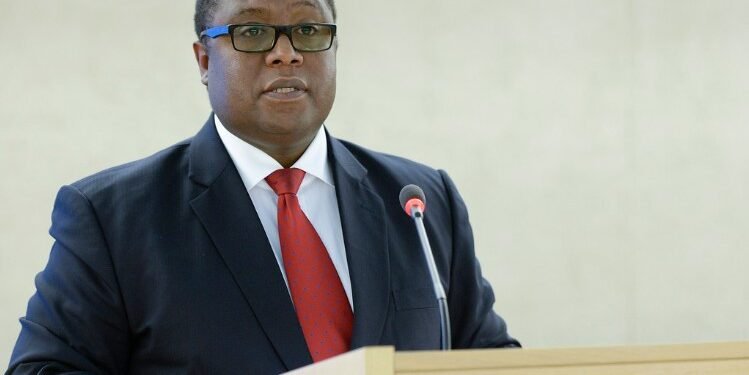Power belongs to the people, says Mwenye
By George Zulu
STATE Counsel Musa Mwenye says for democracy to work the people must be free to elect and remove leaders through free and fair elections.
Mwenye said free and fair elections were critical in preserving peace.
He was speaking during the commemoration of the International Day of Democracy organised by Chapter One Foundation and the Free Press Initiative (FPI) in Lusaka yesterday.
Mwenye said democracy was the only sure way for people to exercise their right to legally remove a failing government.
“If people know that they are able to remove leaders who do not serve their interests through democratic elections, chances of them resorting to unlawful means to achieve leadership renewal are reduced. Democracy is therefore vital for maintaining peace,” he said.
Mwenye said democratic entrenchment in society reduced corruption and promoted the rule of law.
He feared that failure to respect and promote democratic principles would lead a country into dictatorship.
“Democratic backsliding or the entrenchment of autocracy usually leads to an increase in corruption. This is because despotic leaders have no incentive to perform because of the absence of a mechanism to check their excesses. Corruption is one of the biggest causes of lack of development and leads to shoddy provision of social services, overpayments of government contracts,” Mwenye said.
He reminded Zambians that holding regular elections alone was not enough.
Zambians should strive to hold democratic elections which were free and fair, presided over by an impartial and independent electoral body.
“Even autocrats hold regular elections. Democratic elections must be a necessity, be free and fair, and must be presided over by independent electoral management bodies. We must therefore be wary of elected autocrats,” Mwenye said.
“We must also be eternally vigilant to guard our democracy and constantly evaluate whether we are backsliding. This is especially so because democracies can produce autocrats who are elected in free and fair elections but who create systems that become autocracies.”
Mwenye said even a democratically elected president could potentially become a dictator.
“That is why we must speak out against any moves or measures that seek to entrench power in one person or a group of persons. Zambia was a democracy from 1964 to 1972, and for eight years, we had a noisy and vibrant democracy. The leadership, then, was ushered into power through elections that had the hallmarks of being democratic. Our democratically elected president at the time banned political competition and ushered us into a one-party state,” he said.

























